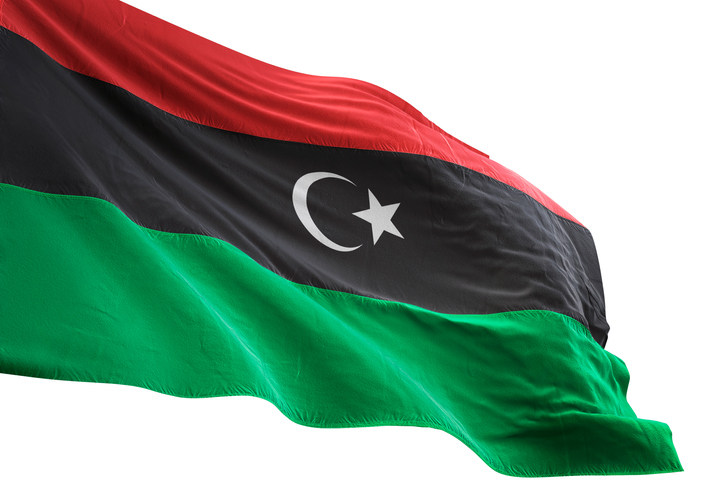Tripoli – Libya’s parliament-appointed prime minister said Friday that armed groups backing him had withdrawn from positions around Tripoli, after the UN warned of a new escalation in the divided country.
Libya has had rival administrations since the eastern-based assembly swore in a prime minister earlier this month in a challenge to interim premier Abdulhamid Dbeibah.
Dbeibah has refused to hand over power to Fathi Bashagha, arguing that his own adminstration, installed last year under a United Nations-led peace process, has a mandate to rule until elections.
ALSO READ | UN warns of clashes in Libya as armed groups mass near Tripoli
Pro-Bashagha forces had deployed on the eastern edges of Tripoli on Thursday, prompting the UN mission in Libya (UNSMIL) to warn against any escalation.
But Bashagha’s office said in a statement in the early hours of Friday that the groups had “opted not to use arms, and to return to their bases”.
The groups had mobilised “to provide security, not to wage war”, it said.
Libya has been riven by conflict since the 2011 revolt that toppled dictator Moamer Kadhafi, and has had two rival governments before: from 2014 until Dbeibah was sworn in last year.
ALSO READ | Struggling Libyan potters showcase wares online
Washington’s ambassador to Libya, Richard Norland, had also warned Thursday against spiralling tensions.
Late Thursday evening he said he had spoken to both Dbeibah and Bashagha, praising what he said were moves to resolve the standoff peacefully.
He commended Dbeibah’s “commitment to protect lives” and Bashagha’s “willingness to de-escalate tensions”.
“Libya’s stability and unity can only be sustained through dialogue and respect for the right of freedom of movement throughout the country,” he tweeted.
In a recording published on Friday, Bashagha said he was “ready for any dialogue” and repeated that he was “a supporter of peace, not war”.
“We reassure our compatriates in Tripoli that there will not be a war,” he said.
Follow African Insider on Facebook, Twitter and Instagram
Source: AFP
Image: Twitter /@Moayadzaghdani
For more African news, visit Africaninsider.com


